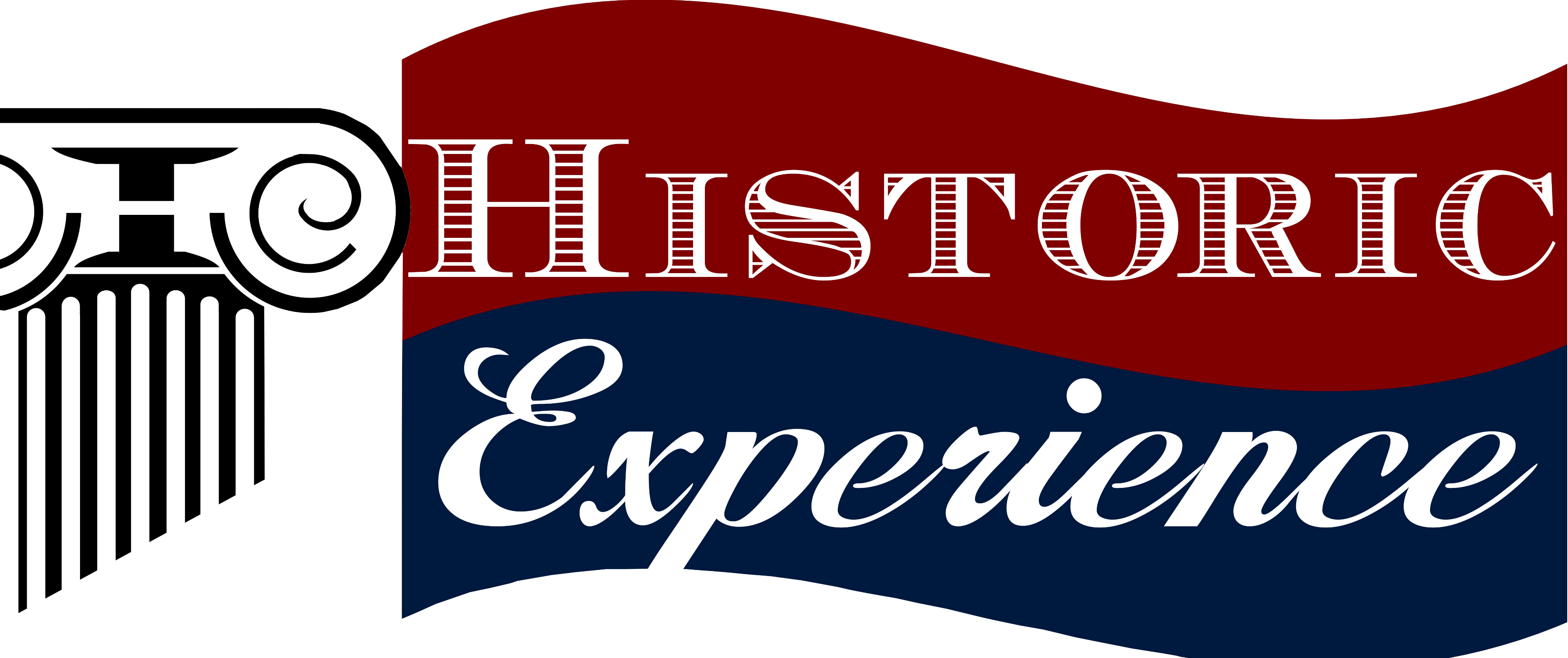October 16:
Mr. Washington comes to dinner
October 16:
Mr. Washington comes to Dinner
" When I asked Booker T. Washington to dinner I did not devote very much thought to the matter one way or the other.
TR, letter to Albion W. Tourgee, November 8, 1901.
Theodore Roosevelt had been President of the United States for barely more than a month. He had been living in the White House just over three weeks.
And in a simultaneously nonchalant and monumental moment, the President invited educator, author, and activist for the black community Booker T. Washington to join his family for dinner.
And that meal shook loose two very divergent viewpoints - one much louder than the other. TR talks more about it below.
"a moment's qualm"
Booker T. Washington made waves even before his White House dinner. His efforts to offer skilled trades to black students at the Tuskegee Institute was met with some resistance, even within the black community. But his intention was to make progress, for as he said, "progress is the law of nature; under God it shall be our eternal guiding star." (1895) And also, "I think I have learned that the best way to lift one's self up is to help someone else." (1900)
Theodore Roosevelt, also a man of progress, had sought Washington's aide in continuing his quest in the Civil Service Commission to ensure government positions were awarded based on merit, rather than favoritism or recompense. They had worked together to choose black and white men who would best serve Progressivism by helping others.
When Vice President Roosevelt became President on September 14, 1901, he had to cancel a planned trip to visit south, including to Tuskegee. In a letter he asked Washington, "When are you coming north? I must see you as soon as possible. I want to talk over the question of possible future appointments in the south exactly on the lines of our last conversation together."
So once TR was in DC, Washington came to Washington. The two had planned to meet later in the evening, but Roosevelt thought it better to meet sooner. His youngest sons Archie and Quentin had finally gotten settled in that day, and were about to have their first dinner, along with an old hunting friend, Phillip Stuart. Why not have Booker Washington arrive earlier and have dinner with them? It was an impulse thought, met with a quick moment of worry.
" The very fact that I felt a moment’s qualm on inviting him because of his color –made me ashamed of myself, and made me hasten to send the invitation. (TR, letter to Albion W. Tourgee, November 8, 1901.)
And so, Washington came to the White House, in formal dress, as was protocol for the evening. The evening itself was a success. It was the following weeks that would prove challenging for both men.
The Atlanta Constitution was the first newspaper to publish the news:
"Negro Guest Entertained at White House; President Has Booker T. Washington at the White House for Dinner; All Roosevelt Family Present at Table; Washington was in Evening Dress; Probably the First Negro Ever Entertained at the White House."
This was, sadly, one of the more polite write-ups by a southern publication. Many others can be found, and their language is much less pleasant. I will save you re-reading them here. Suffice it to say, many Southerners were incensed about a black man sharing a meal at the President's house, as an equal. It brought a long few weeks of editorials and more direct admonitions of both Washington and Roosevelt. And while relations cooled for a while between the two men, Roosevelt did continue to meet with Washington - just not for dinner.

Theodore Roosevelt
Letter to Albion W. Tourgee, November 8, 1901.
As things have turned out, I am very glad that I asked him, for the clamor aroused by the act makes me feel as if the act was necessary.
